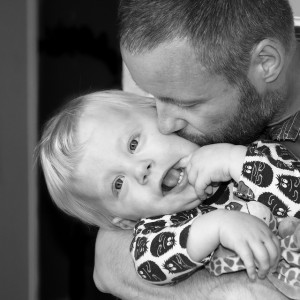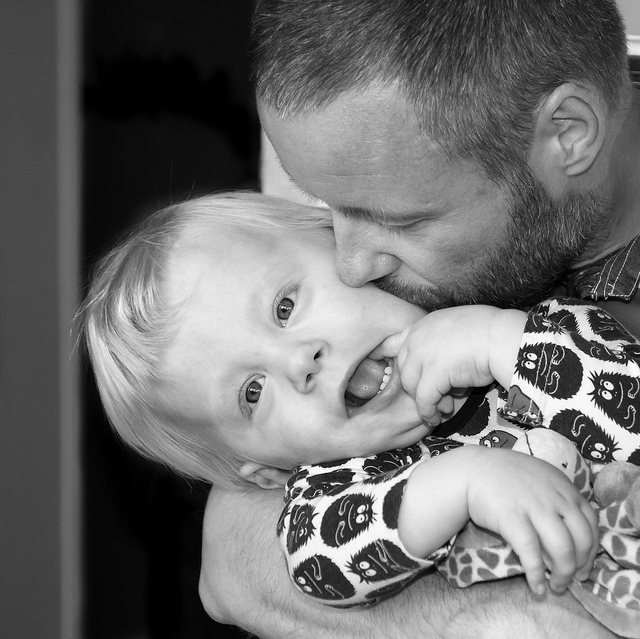The Different Types of Child Custody
During divorce, parents often fight for child custody. But sometimes, they are fighting a battle without understanding what “custody” really means. Custody battles take forever, cost a fortune, and often hurt the children in the process.

Before you and your ex get ugly, be sure you know what types of custody there are. Armed with this knowledge, the two of you might be able to work out a parenting agreement in advance, saving time, trouble, and money.
Definitions of Child Custody
- Residential or physical child custody is where your child lives most of the time.
- Joint physical custody means the children will split residential time between you.
- Sole physical custody means the children will live with one of you most of the time.
- Legal child custody is the right to make certain decisions for your child, such as education, religion, and medical decisions. Legal custody can also be joint or sole.
- Joint legal custody means both parties have decision-making authority and must agree with one another.
- Visitation/parenting time is time you spend with your child. It is a lesser degree of custody, and a judge can order supervised visitation or no visitation at all.
Other Aspects to Consider
- Child support may or may not be paid in cases of joint custody.
- Children cannot legally decide which parent to live with in North Carolina. It is up to the judge whether to take the children’s wishes into consideration and the court may not even take his/her/their testimony. If you are concerned about this, it may be best to work out your own parenting agreement in advance.
- A parenting agreement or plan is a written agreement between the parties about how they will raise their child/children. It is not required, but if you and your ex cannot decide on your own, the court will determine what’s best for the children.
- In cases of risk of bodily injury or sexual abuse, a judge may grant an ex parte order. That means the other side will not receive notice of the hearing. These are granted only in serious cases where substantial risk is evident and are only granted for a short period of time.
Learn more about what to expect at a child custody hearing.








One Comment